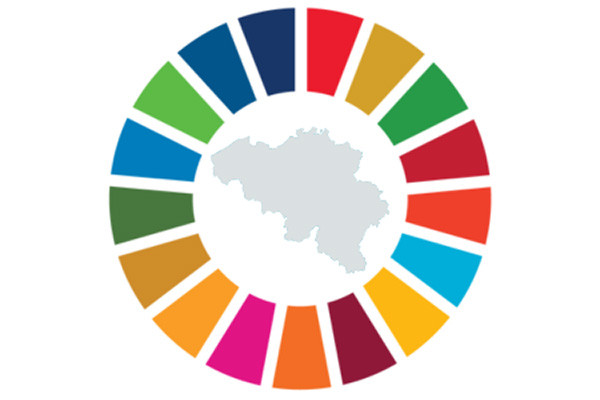
In the wake of the first Earth Summit on sustainable development, held in Rio in 1992, Belgium was eager to translate this commitment into its institutional framework. By implementing a law, the federal government set up a federal sustainable development strategy based on the concerted action of several players with specific, complementary missions. Other governments also launched initiatives in this area.
In the early 2000s, the various Belgian entities began to work together within an Interministerial Conference on Sustainable Development (IMCSD). Moreover, in 2007, the commitment to sustainable development was enshrined in the Belgian Constitution, signifying that it is a concern shared by all Belgian authorities, and that each level of government has a responsibility to contribute in this area.
The United Nations' 2030 Agenda for Sustainable Development (2030 Agenda), adopted in September 2015, poses a challenge to many players, including public authorities. The 2030 Agenda advocates an integrated approach to the various dimensions of sustainable development, and puts forward no fewer than 17 goals and 169 associated targets, which are all interconnected. For a country like Belgium, with its complex structure, it is all the more crucial to ensure cooperation across several levels of power in order to set the 2030 Agenda up for success.
Given the wide range of Sustainable Development Goals (SDGs) and their interconnections, we need to work together in a number of different areas. In terms of public policy, this means stepping up collaboration between the different strategic areas (environment, economy, finance, etc.) of the same level of government. But it also entails closer collaboration between the various levels of government (federal, regional, community, provincial and municipal). The adoption of the 2030 Agenda re-launched cooperation between Belgian entities within the IMCSD and led to the adoption of a national sustainable development strategy in 2017, as well as the submission of two Voluntary National Reviews on the implementation of the 2030 Agenda to the United Nations in 2017 and 2023.
Fortunately, Belgium boasts a number of bodies and instruments capable of ensuring this collaboration, both within a single level and between all levels of government. In Belgium, SDG policy is implemented at national level, at federal level through various players and by the regions and communities, and at local authority level as well.
The 2030 Agenda is, of course, an international agenda, and we must therefore aim to achieve the Sustainable Development Goals by taking into account the impact of our national and international policies, both within and beyond our borders, as well as in our international policies. The 2030 Agenda is being implemented and monitored all over the world. For more information on international policy concerning the United Nations, the OECD and the European Union, click here.
To find out more, feel free to browse the pages in this section in Dutch or French.